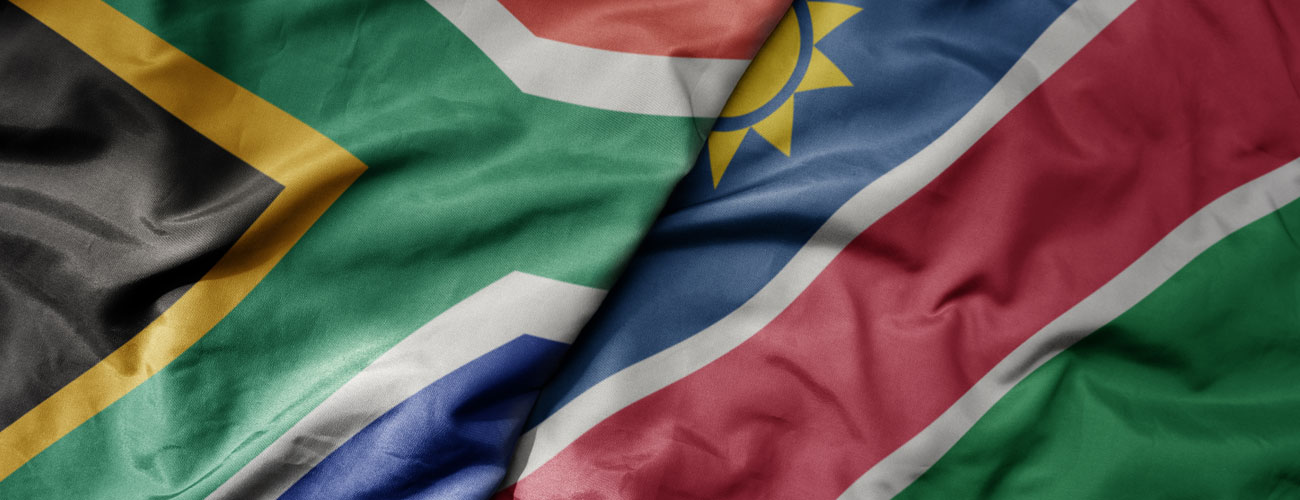The African nations of Namibia and South Africa have moved to impose tighter restrictions on vaping and other nicotine alternatives.
Namibia
In Namibia, the government plans to update the Tobacco Act to include rules on nicotine products used for vaping.
However, the plans lump vaping together with water pipes (known as ‘hookahs’). Unlike vaping – which does not use tobacco and is therefore far less harmful than smoking – Hookahs involve inhaling tobacco smoke that has passed through water.
The American Lung Association reports that a typical hookah session can expose users to more smoke over a longer period compared to a single cigarette, increasing the risk of cancer, lung diseases, and cardiovascular problems.
Additionally, the charcoal used to heat the tobacco can produce dangerous chemicals such as carbon monoxide and heavy metals.
Vaping, meanwhile, is not associated with any tobacco-related deaths or health issues. It is also widely regarded as the most useful tool for helping smokers to quit.
Currently, vaping is not regulated in Namibia and is not covered by its Tobacco Control Act.
South Africa
Meanwhile, the South Africa Pharmacy Council (SAPC) has announced plans to ban the sale of vapes in pharmacies.
The move was triggered by an influx of requests from pharmacies to sell vapes and refills as aids to help people stop smoking.
The SAPC released proposed amendments to the ‘rules of good pharmacy practice,’ which would add vapes to a list of products that can not be legally sold in pharmacies.
The list currently includes items such as guns, alcohol and tobacco.
The South African government has already put in motion a new Tobacco Products and Electronic Delivery Systems Control Bill to include the regulation of “nicotine delivery systems and no nicotine delivery systems” alongside cigarettes.
The Bill has met with fierce opposition from vaping advocates who argue that electronic delivery systems such as vapes are far less harmful than tobacco and need to be approached differently.



